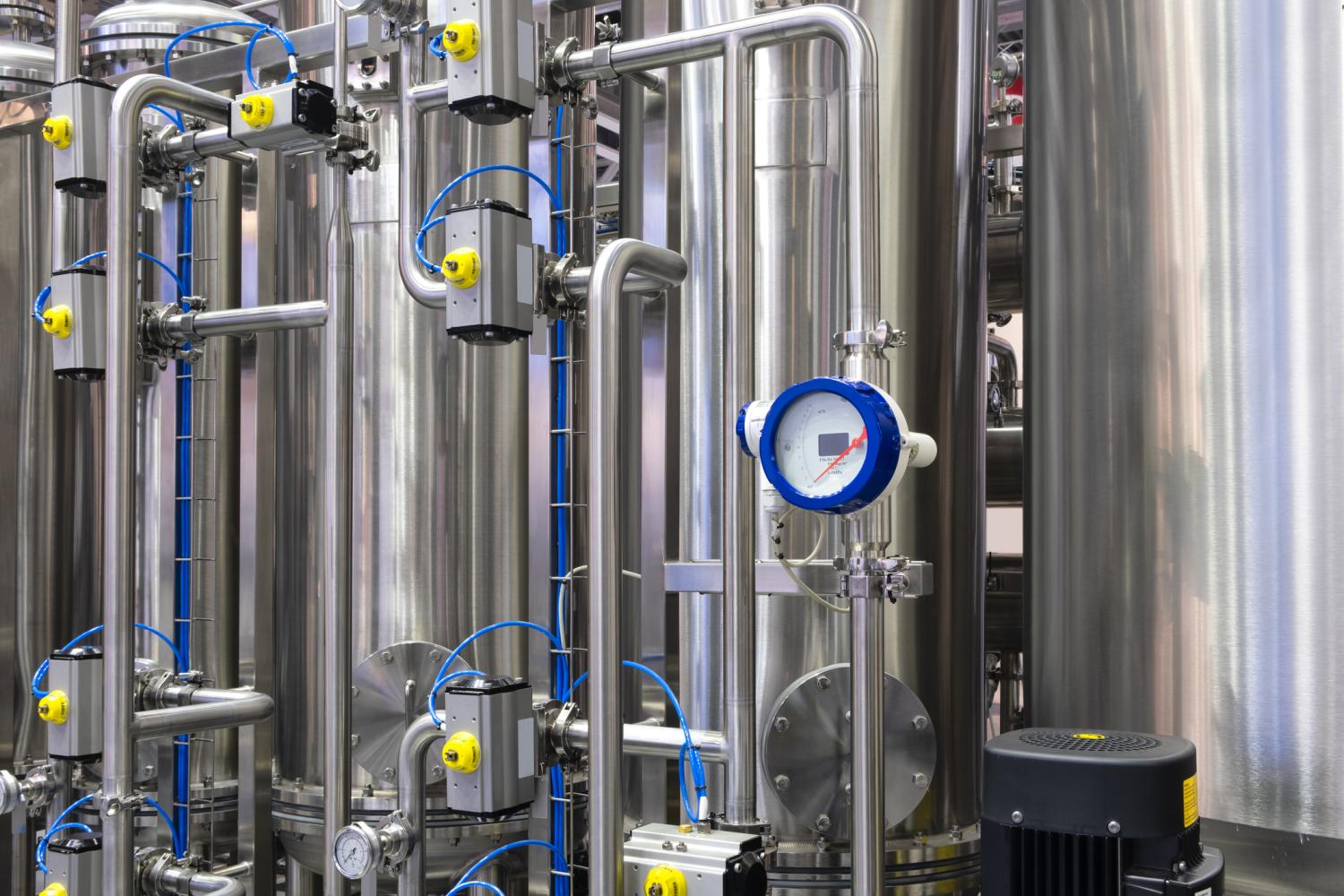Since the COVID-19 pandemic began, prices of some active pharmaceutical ingredients (APIs) exported from China have more than doubled, The Times of India reports.
Chinese export of the affected APIs, including those for important oral and injectable antibiotics, over-the-counter pain- and fever-reducing medications, and the diabetes drug metformin, has been complicated by pandemic-related supply-chain chaos and, more recently, the lifting of the country's zero-COVID policy.
India is nearly 100% dependent on China for these APIs, increasing the cost of making high-volume drugs such as azithromycin, amoxicillin, and rifampicin. In turn, India supplies over 20% (by value) of the world's generic drugs and is the leading manufacturer of vaccines.
Together, India and China manufacture the APIs needed to make 60% to 70% of the generic drugs on the US market, according to the Resilient Drug Supply Project (RSDP) at the University of Minnesota's Center for Infectious Disease Research and Policy (CIDRAP), publisher of CIDRAP News.
Role of inflation, rising energy costs
After China lifted its strict public health measures in early December, the resulting COVID-19 surge slowed manufacturing and increased in-country demand for medications such as the antiviral Paxlovid, which is used to treat COVID-19. Other affected medications include pain- and fever-reducing drugs, the latter of which have also been in short supply elsewhere, including in the United States.
Together, India and China manufacture the APIs needed to make 60% to 70% of the generic drugs on the US market.
In December alone, China-made APIs became 12% to 25% more expensive, according to the Economic Times. For example, prices of the APIs for the antibiotics azithromycin and amoxicillin rose 15% and 13%, respectively.
The steep rise in prices may also be partially explained by factors such as inflation and increased prices of the materials used to make APIs (eg, solvents), which have been driven up by high energy and transportation costs, the Times said.




















